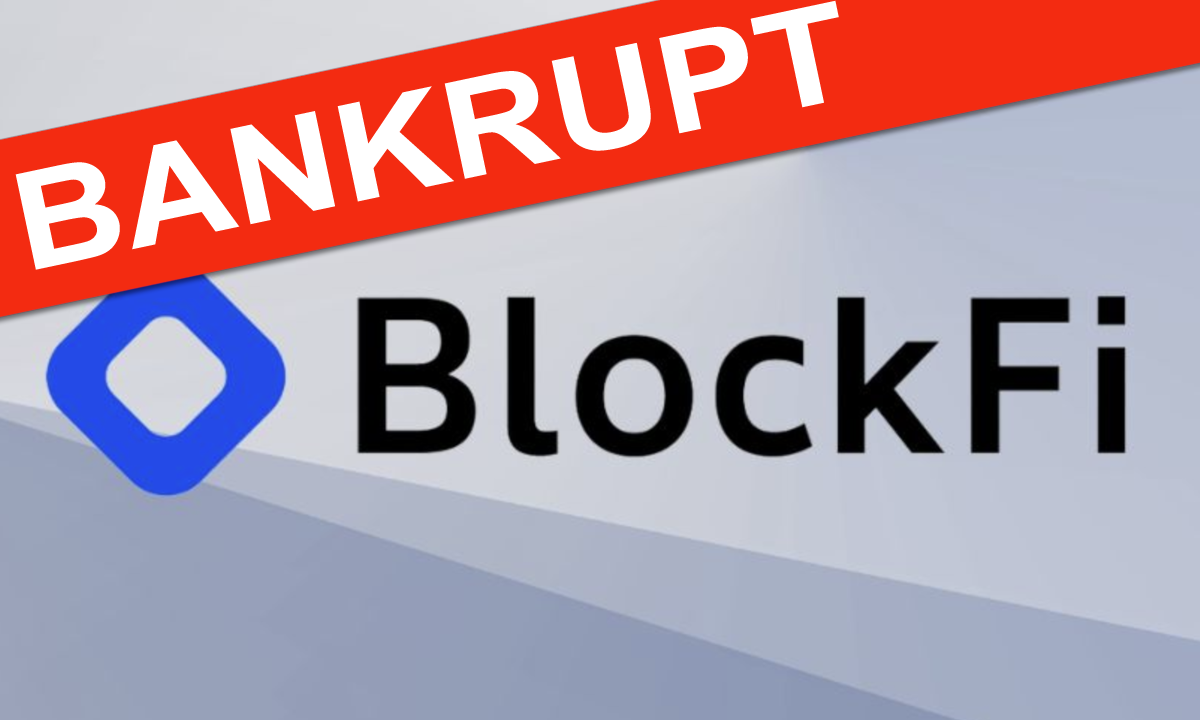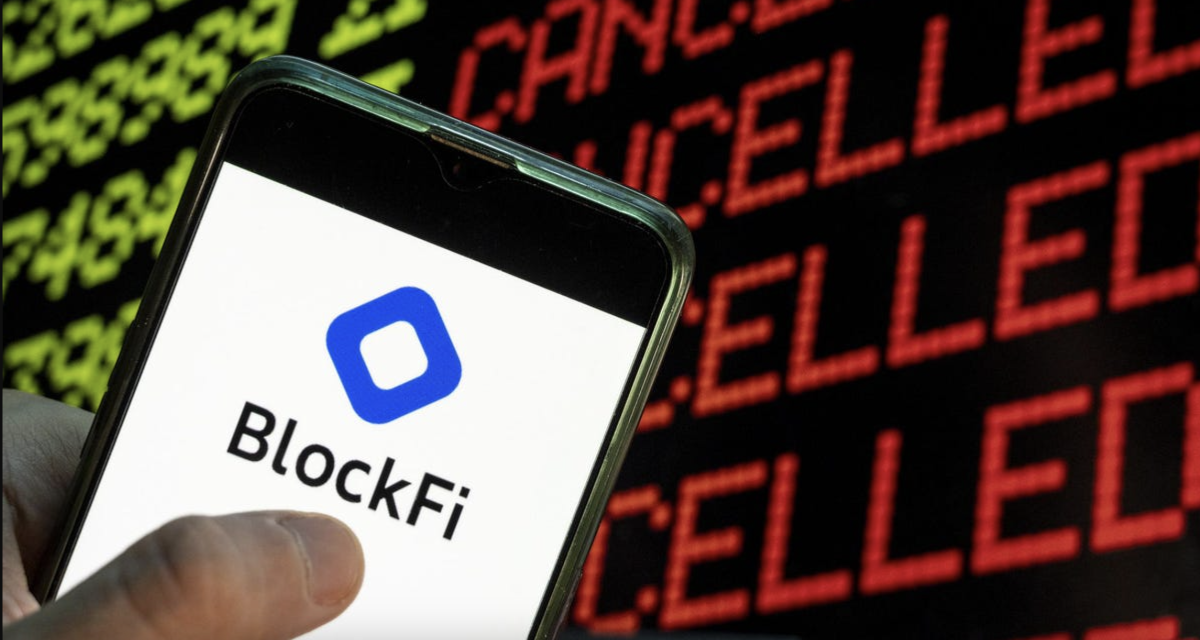Last week’s biggest crypto news with a special bonus deal inside.

BlockFi Files for Bankruptcy and Sues Investment Firm
December 5, 2022

BlockFi Files for Bankruptcy and Sues Investment Firm
December 5, 2022


















